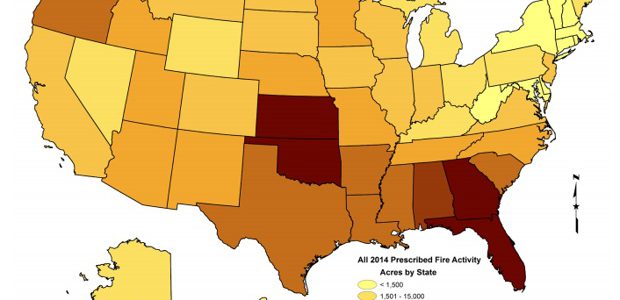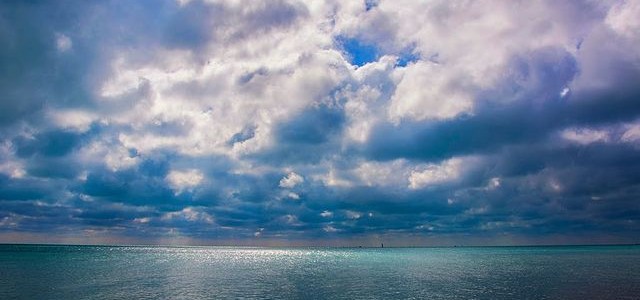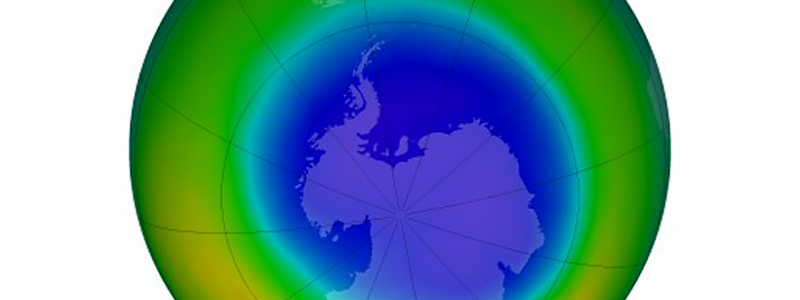Climate and Ag in the news
-

Fortune magazine posted an interesting article late in June on the complicated relationship between farmers and their acceptance of climate change. Fortune points out that farmers are among the most likely to be affected by climate change, and yet are one of the least likely groups to accept the scientific evidence for it, even though they…
-

The hurricane forecasters at Colorado State University released an updated seasonal hurricane forecast for the Atlantic basin this week, and it shows that that they have increased the number of named storms by one from their earlier forecast. They are now forecasting 15 named storms, the most since 2012. They are also predicting 6 hurricanes…
-

CityLab from The Atlantic magazine had an interesting story this week about how the South manages wildfires and how California could benefit from our experience. The basic difference is that the South uses controlled burns to undergrowth using low-intensity flames along carefully planned control lines. In the West, historically all fire has been suppressed, leaving to…
-

Scientific American has an article this month on the construction that is continuing to take place on the Florida coast even as sea levels are rising and nuisance flooding is increasing. Some of the measures that homeowners are using to adapt are higher sea walls, elevating their properties, and building codes which require higher foundations. You…
-

I ran across an interesting article this week describing the history of broadcast weather forecasting and how it has changed over time. While I don’t do television weather forecasting myself, I have many former students and friends who do. You might enjoy this peek back at early weather forecasts and how the technology has improved.…
-

Eos had an interesting article earlier today which provided an update on the status of the ozone hole in the Antarctic. You may recall that the ozone hole developed due to the effects of man-made refrigerants called chlorofluorocarbons, which interacted with polar clouds to destroy ozone at upper levels in the atmosphere. Ozone at that…
Posted in: Climate and Ag in the news -

As a meteorologist, I occasionally get asked if I study meteors. And while rain and snow qualify as meteors under Aristotle’s original definition in Meteorologica back a long time ago, they aren’t meteors as astronomers define them now. Today marks the anniversary of one of the most spectacular meteors that exploded near the surface of…